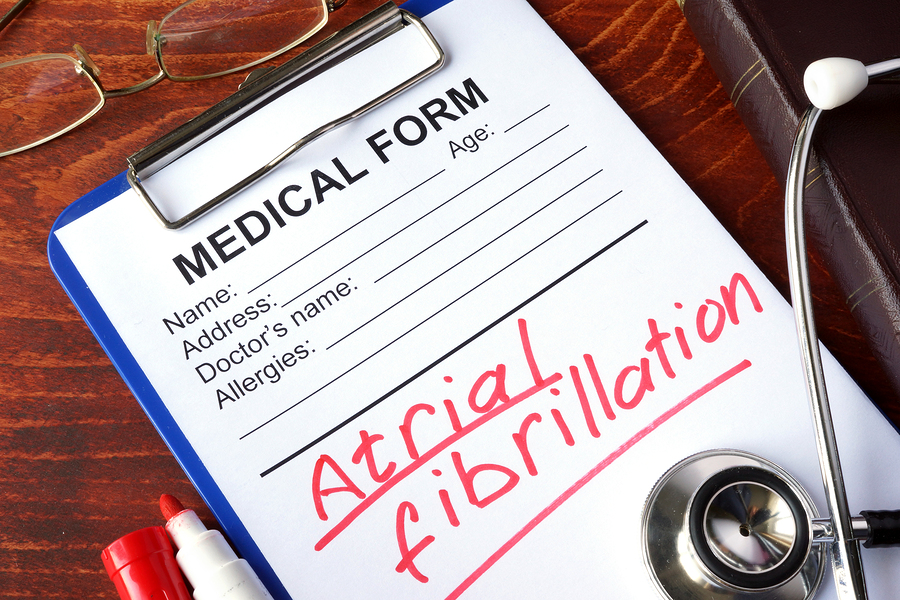 Atrial fibrillation may be easy for your senior to get under control. If her AFib gets worse, though, some of her symptoms may get worse, too. Being as prepared as she can be for some of the symptoms she might experience can help your elderly family member to stay calm and keep a cool head about what’s happening. Here are some of the things she should be aware of as she continues to live with atrial fibrillation.
Atrial fibrillation may be easy for your senior to get under control. If her AFib gets worse, though, some of her symptoms may get worse, too. Being as prepared as she can be for some of the symptoms she might experience can help your elderly family member to stay calm and keep a cool head about what’s happening. Here are some of the things she should be aware of as she continues to live with atrial fibrillation.
Her Heart Races When She’s Resting
One big sign that atrial fibrillation may be getting worse is that she’s feeling her heart race when she’s resting. Your senior’s doctor may want her to wear a Holter monitor for a time to see what her heart is doing over several hours, including when she’s resting. It might be as simple as adjusting her medication, or there may be other treatments that can help.
She’s Having More Trouble Breathing
If your elderly family member is experiencing shortness of breath it’s important to get to the root cause. Shortness of breath when she’s being extremely active might not be a big deal. But if she’s experiencing this while she’s sitting on the couch, that could be a sign of something else going on. Your elderly family member’s doctor might want to rule out other potential causes, but it can also be directly related to AFib.
She’s Getting More Edema in Her Lower Legs
Because atrial fibrillation affects how well your senior’s heart functions, edema can be a common side effect. Edema, or swelling in your senior’s extremities, can become quite severe. If this is a new symptom for her or if she finds that simple solutions, like elevating her feet, doesn’t help, this could be a sign that her heart issues are worsening.
She’s Feeling Extremely Tired
Fatigue is a common symptom with heart and lung issues. The body is already working so hard on basic functions that there’s not a lot of energy left over. If your senior is feeling a lot more tired than usual or the fatigue she’s experiencing is new for her since her diagnosis of atrial fibrillation, then her doctor needs to be aware of how she’s feeling.
One way that you can take some stress off your senior is to bring in senior care providers to help her with whatever needs to be done. This can help her to conserve her energy and rest when she needs to.
If you or an aging loved one is considering senior care in San Ramon, CA, please contact the caring staff at Golden Heart Senior Care of Walnut Creek. (925) 203-3039.

 As your mom and dad age, you may notice their mood changes. They become agitated more easily. They’re forgetful. They have a harder time following instructions or doing things they’ve done hundreds of times before.
As your mom and dad age, you may notice their mood changes. They become agitated more easily. They’re forgetful. They have a harder time following instructions or doing things they’ve done hundreds of times before. These services are easy to use. You both load the app or software on your computer, make a call just as you would with a phone, and your mom and dad answer on their end. Chat as long and as often as you need.
These services are easy to use. You both load the app or software on your computer, make a call just as you would with a phone, and your mom and dad answer on their end. Chat as long and as often as you need.